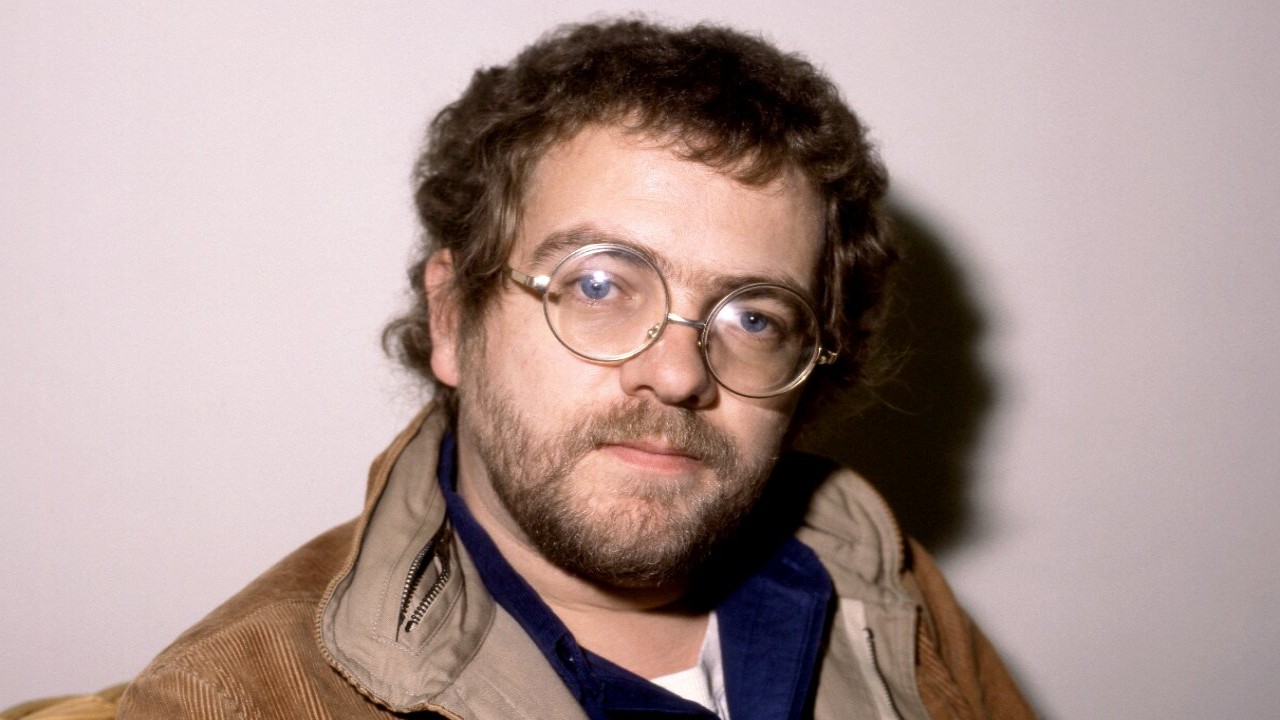The Song of Resilience: Barbra Streisand's 'Love Will Survive' in 'The Tattooist of Auschwitz'
In the realm of literature and entertainment, countless narratives have attempted to capture the unfathomable horrors of the Holocaust, yet few have done so with the poignant grace and emotional depth of 'The Tattooist of Auschwitz'. This captivating tale, brought to life through a gripping television series, unflinchingly unveils the depths of human suffering endured within the confines of Auschwitz, the infamous concentration camp that became a symbol of Nazi atrocities. Amidst this harrowing backdrop, however, emerges an extraordinary love story that defies the darkness, offering a glimmer of hope amidst the despair.
The series revolves around the intertwined lives of Lali Solokov, a Slovakian Jew imprisoned within the camp's walls, and Gita Furman, a fellow inmate who captures his heart. Lali, entrusted with the grim task of tattooing identification numbers onto his fellow prisoners, finds solace and purpose in his love for Gita. Their forbidden romance blossoms amidst the horrors that surround them, serving as a beacon of defiance against the Nazi regime's inhumanity.
As the series draws to a close, the audience is treated to a poignant musical epilogue in the form of Barbra Streisand's haunting ballad, 'Love Will Survive'. Written by Charlie Midnight and performed with Streisand's signature vocal prowess, the song captures the indomitable spirit of Lali and Gita's love, a love that transcended the unimaginable horrors they endured.
The lyrics, imbued with a bittersweet blend of melancholy and resilience, evoke the profound emotional journey of the two lovers:
We lived in darkness, fear our only guidenBut in our hearts, a flame we couldn't hidenWe made a promise that love will survive
Streisand's voice, resonant with both fragility and strength, weaves a tapestry of hope and defiance, underscoring the power of love to triumph over adversity. The song's lyrics serve as a poignant reminder of the resilience of the human spirit, even in the face of unspeakable suffering.
The release of 'Love Will Survive' marked a significant moment in Streisand's illustrious career, as it was her first new song in six years. In a statement accompanying its release, Streisand expressed her motivation for creating the song, citing the alarming rise in antisemitism worldwide as a driving force:
I wanted to sing 'Love Will Survive' in the context of this series, and in remembrance of the six million souls who were lost less than 80 years ago. Even in the darkest of times, the power of love can triumph and endure.
Streisand's words resonate deeply with the message conveyed in 'The Tattooist of Auschwitz': that even in the face of unimaginable adversity, the human capacity for love and resilience can prevail. The song serves as a powerful testament to the indomitable spirit that resides within us all, a spirit that can never be extinguished, not even by the darkest forces of hatred and intolerance.
'Love Will Survive' is more than just a song; it is a timeless anthem of hope and resilience, a beacon of light illuminating the darkest corners of our history. Its lyrics, imbued with Streisand's heartfelt delivery, remind us that love has the power to transcend all boundaries, even those erected by hatred and despair. The song is a fitting tribute to the countless individuals whose lives were tragically cut short during the Holocaust, and a poignant reminder that their memory must never be forgotten.




